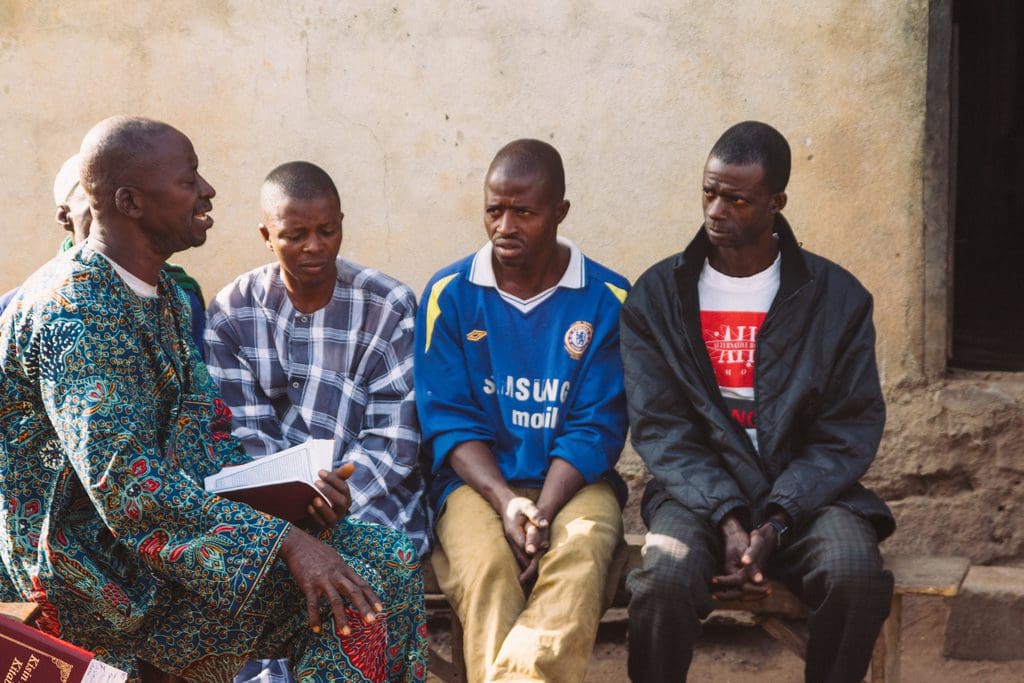Many among the current generation of refugees and immigrants arrived in the U.S. from countries whose dominant religion honors its own holy book above the Scriptures. It’s easy to assume that it’s difficult — maybe even impossible — to establish relationships with them that can lead to meaningful dialog on spiritual matters. It’s also easy to let fear keep us from even trying.
Our teammates Mike and Julie Thomas minister among people displaced from several countries where Jesus is acknowledged as a prophet but not as the Son of God. Mike offers simple tips and guidelines for Christ-followers who want to begin building Gospel-centered relationships with these and other new neighbors who do not yet know Jesus.
Part 1 of this three-part series offered suggestions for beginning to get acquainted with refugees who arrive in your community. Part 2 offered suggestions for inviting some of your new neighbors into your life. This final post offers ways to invite your refugee neighbors to meet Jesus.
- Don’t be afraid to bring up spiritual topics. This isn’t taboo. Instead, it communicates the seriousness of your faith. (However, don’t be pushy or preachy, and don’t insult their religion or their prophet.)
- Make sure you have the Scriptures stored up in your heart. The Holy Spirit will do the rest, bringing to mind what you already have read from the Scriptures when it is needed.
- Lift up Jesus and talk about Him and what He said and did as much as you can. It is very helpful if you are familiar enough with the Gospels so these stories can be told pretty much verbatim. You should also practice and be able to share the whole story of God’s redemptive work from Genesis to Revelation in a concise way (2 to 5 minutes). Resources you might find helpful include The Prophet’s Story, The Big Story, and The Gospel and How To Share It.
- Instead of inviting them to church, invite them to study the Bible with you in their home when the time is right. (Church is a place of practices, words, symbols, and such for which they have no context, likely leaving them feeling bewildered or even alienated.)
- Consider taking classes to hone your skills. Training opportunities are available online and through churches and other non-profits in many communities that are home to refugees and immigrants.
- Become informed about trauma, how it impacts people, and how to show love well to people who are living in its aftermath. This is especially important when you’re working with refugees, many of whom have experienced significant trauma. Find resources in your community that promote Biblical approaches to trauma healing.
- Last, as at first: Pray, pray, pray. Recognize that it is God who does the work of changing hearts and opening eyes to the truth of the Gospel. Also recognize that God wants to involve you in this important work and wants to lead you and give you the words to say in these relationships.
In case you missed them, here are Part 1: Begin By Getting Acquainted and Part 2: Invite Them into Your Life.










